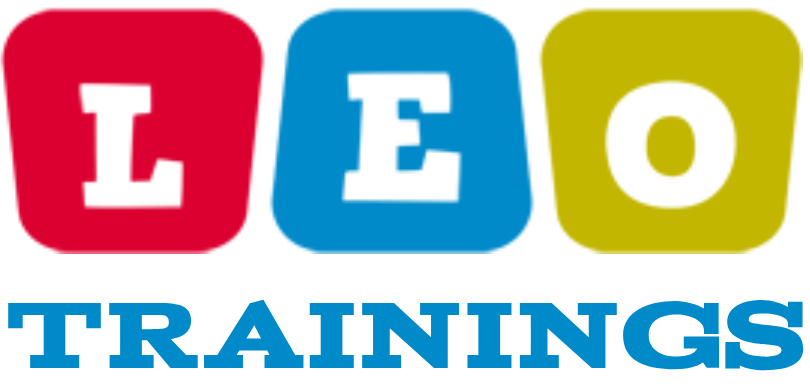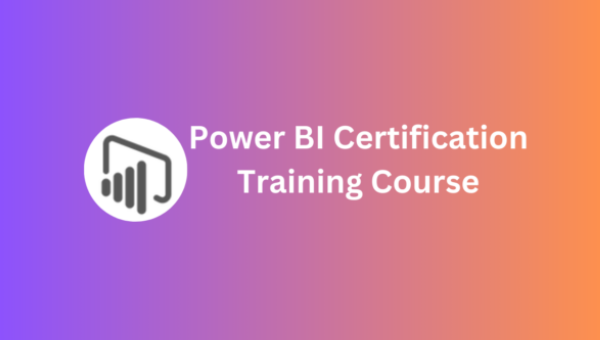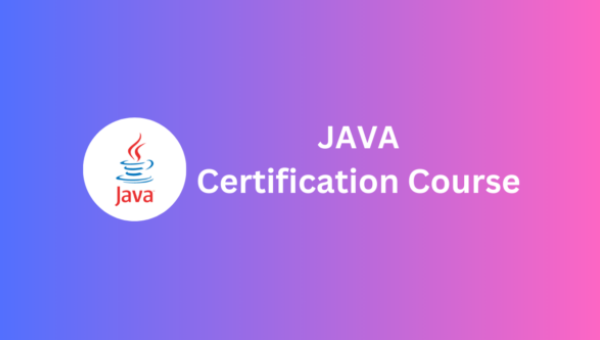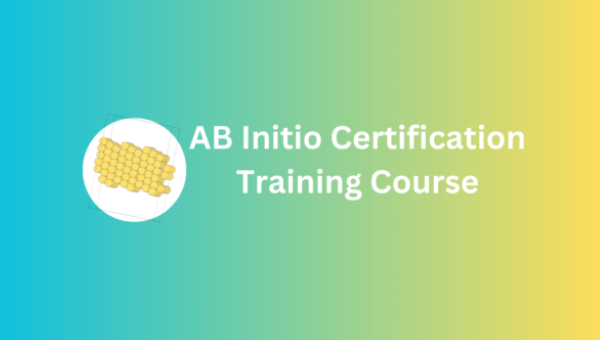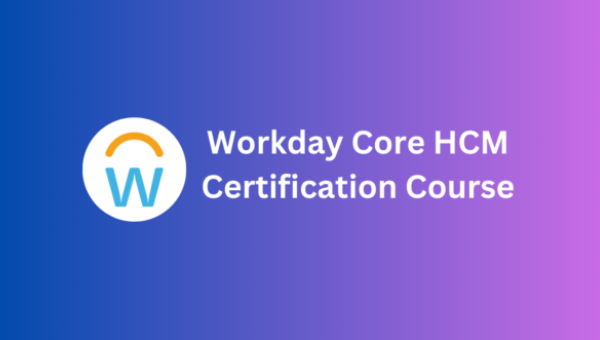- Home > Cloud Computing > GCP
Data Engineering with PySpark, Databricks, and GCP: Mastering the Data Pipeline
- 1000+ Ratings
- Master Python for data manipulation and analysis
- Dive deep into SQL for efficient data querying and management
- Understand big data concepts and the Hadoop ecosystem
- Understand big data concepts and the Hadoop ecosystem
- Explore Databricks for collaborative data engineering

4.8 ✰
Google Review

4.8 ✰
Review

4.8 ✰
Review

3486+
Students Trained
Key Highlights
- Live interactive sessions
- Certification Providing
- Available Self-paced Videos
- Career Services by Leo Trainings
- Live Projects, Questions & Quizzes
- Job Placement Assistance
- Live Classes With Industry Expert Faculty
- 24/7 Support
Data Engineering Training Overview
What Is Data Engineering?
A data engineer is responsible for:
Designing and building data pipelines
Creating architecture for data generation, transformation, and storage
Managing databases and warehouses
Ensuring data quality and integrity
Collaborating with data scientists and business teams
Data Engineering vs. Data Science vs. Data Analytics
People often confuse these roles. Here’s a quick breakdown:
Data Engineers build and maintain the systems and architecture.
Data Scientists create models and algorithms using the data.
Data Analysts interpret the data to produce actionable insights.
Skills Required for Data Engineers
Programming Languages You Need to Learn
The most important languages for a data engineer include:
Python – for scripting and automation
SQL – for querying and manipulating databases
Java/Scala – often used in Big Data tools like Apache Spark
Database Management and Data Warehousing
You’ll need to be proficient in:
Relational databases (PostgreSQL, MySQL)
NoSQL databases (MongoDB, Cassandra)
Data warehousing solutions (Snowflake, Redshift, BigQuery)
Big Data Tools and Technologies
Here’s what most job descriptions will ask for:
Apache Hadoop
Apache Spark
Kafka
Airflow (for workflow management)
These tools help handle massive datasets efficiently.
Cloud Platforms and DevOps Basics
Modern data stacks are cloud-based. You should be familiar with:
AWS, Google Cloud, or Azure
CI/CD pipelines
Docker and Kubernetes for containerization
Why Data Engineering Is in Demand
We live in the era of Big Data. Every second, terabytes of data are generated — from social media posts to e-commerce transactions. But raw data is messy and useless unless it’s collected, cleaned, and structured. That’s where data engineers come in. They’re the unsung heroes who build the pipelines and infrastructure that power data science and analytics.
Future Trends in Data Engineering
- Software developers looking to transition to data engineering
- Career Advancement Opportunities
- Aspiring data engineers
Automation and AI in Data Pipelines
Expect more tools that auto-build and manage pipelines with minimal code.
Growth of Real-Time Data Processing
With streaming services and IoT, real-time processing is no longer optional — it’s the future.
The Role of Data Engineers in Today’s Tech World
- Enhancing Your Technical Skillset
- Enhanced Job Performance
- Increased Earning Potential
- Greater Job Satisfaction
Think of data engineers as the plumbers of the digital world. They make sure data flows smoothly from various sources to the hands of analysts and data scientists. Their work enables smarter decision-making, personalized experiences, and automation across every industry.
Workday HCM Key Features
- Comprehensive curriculum covering in-demand skills
- Hands-on experience with industry-standard tools
- Learn from basics to advanced concepts in just 60 hours
- Practical, job-ready skills for the data-driven world
- Practical, job-ready skills for the data-driven world
- Explore Databricks for collaborative data engineering
- Harness the power of Apache Spark with PySpark
- Recent graduates in computer science or related fields
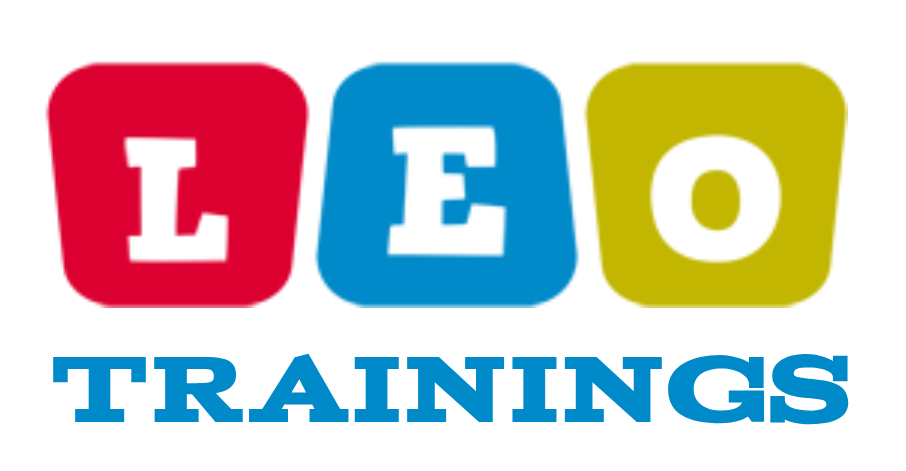
Flexible batches for you
Instructor-led Python Spark Certification Training using PySpark live online Training Schedule
Who Should Learn Data Engineering Training?
- HR Professionals
- Business Analysts
- Consultants
- Any Degree Commpleted
- IT professionals
- Software Testers
- Career & Job Seekers
- Finance Professionals
Data engineering is one of the most rewarding and future-proof careers in tech. With the right training, tools, and determination, you can break into this exciting field.
Training Options
Online Training
- Live online training from Certified Trainers
- Your Flexible Time and if are you interested next batch also give access
- 24x7 learner assistance and support
Batch Starting From
- 22nd Mar, Weekdays Batch
Corporate Training
- For Corporate Training from Certified Trainers with 12+ years experts
- Your Flexible Time and provide daily 4 to 8 Hours
- 24x7 learner assistance and support
Our Training Benefits
- As your requirement online or ofline
Self Paced Training
- Provide Self Faced With Life Time Acces
- Also provide material, if need access
- 24x7 assistance and support if have any doubt
Best Price And Quality Job Oriented Videos
- Contact Our team for more details
Career Services

- Career oriented Online sessions
- Job Or Placement Assistance
- Mock Interview And Resume Preparation
- Resume and Linked in Profile
- Exclusive Access Popular Job Portal
- One on One and Group Batches
Google Cloud Platform Syllabus
- Live Course
- Self-Paced
- Industry Experts
- Academic Faculty
Introduction to Data Engineering
1. What is Data Engineering?
- Definition and scope of data engineering
- Differences between data engineers, data scientists, and data analysts
- Key responsibilities of a data engineer
- Evolution of data engineering
2. Data Engineering Lifecycle
Data generation and collection
- Sources of data (APIs, databases, logs, etc.)
- Data ingestion techniques
Data storage and warehousing
- Types of data storage (relational, NoSQL, data lakes)
- Data modeling concepts
Data processing and transformation
- Batch vs. stream processing
- ETL vs. ELT
Data analysis and visualization
- Role of data engineers in supporting analytics
- Data quality and governance
Data Engineering Tools and Technologies Overview
Databases and data warehouses
- Relational databases (MySQL, PostgreSQL)
- NoSQL databases (MongoDB, Cassandra)
- Data warehouses (Snowflake, Amazon Redshift)
- Introduction to .dat and .dml files
- Partition Components
Big data technologies
- Hadoop ecosystem
- Apache Spark
- Distributed file systems (HDFS)
Cloud platforms
- Amazon Web Services (AWS)
- Google Cloud Platform (GCP)
- Microsoft Azure
ETL/ELT tools
- Apache NiFi
- Talend
- Airflow
Python for Data Engineering
Python Basics
- Python installation and environment setup
- Variables and data types
- Numeric types (int, float)
- Strings
- Booleans
Operators (arithmetic, comparison, logical)
Control structures
- if-else statements
- for and while loops
Functions
- Defining and calling functions
- Arguments and return values
- Lambda functions
Modules and packages
- Importing modules
- Creating custom modules
SQL for Data Engineering
1. Big Query for data warehousing
- Loading data into BigQuery
- Writing and optimizing queries
- BigQuery ML basics
2. Cloud Storage for object storage
- Buckets and objects
- Access control and lifecycle management
3. Cloud Dataproc for managed Spark and Hadoop
- Creating and managing Dataproc clusters
- Submitting Spark jobs
4. Introduction to Cloud Dataflow
- Apache Beam programming model
- Batch and streaming pipelines
Introduction to Hadoop and Distributed Computing
1. Big Query for data warehousing
- Loading data into BigQuery
- Writing and optimizing queries
- BigQuery ML basics
2. Cloud Storage for object storage
- Buckets and objects
- Access control and lifecycle management
3. Cloud Dataproc for managed Spark and Hadoop
- Creating and managing Dataproc clusters
- Submitting Spark jobs
4. Introduction to Cloud Dataflow
- Apache Beam programming model
- Batch and streaming pipelines
Apache Spark and PySpark
1. Big Query for data warehousing
- Loading data into BigQuery
- Writing and optimizing queries
- BigQuery ML basics
2. Cloud Storage for object storage
- Buckets and objects
- Access control and lifecycle management
3. Cloud Dataproc for managed Spark and Hadoop
- Creating and managing Dataproc clusters
- Submitting Spark jobs
4. Introduction to Cloud Dataflow
- Apache Beam programming model
- Batch and streaming pipelines
Databricks using Spark
1. Big Query for data warehousing
- Loading data into BigQuery
- Writing and optimizing queries
- BigQuery ML basics
2. Cloud Storage for object storage
- Buckets and objects
- Access control and lifecycle management
3. Cloud Dataproc for managed Spark and Hadoop
- Creating and managing Dataproc clusters
- Submitting Spark jobs
4. Introduction to Cloud Dataflow
- Apache Beam programming model
- Batch and streaming pipelines
Introduction to Google Cloud Platform (GCP)
GCP Basics
1.GCP account setup
- Creating a project
- Billing setup
2. GCP console navigation
- Cloud Shell
- Cloud SDK
3. Overview of key GCP services
- Compute (Compute Engine, App Engine)
- Storage (Cloud Storage, Cloud SQL)
- Networking (VPC, Cloud DNS)
GCP for Data Engineering
1. Big Query for data warehousing
- Loading data into BigQuery
- Writing and optimizing queries
- BigQuery ML basics
2. Cloud Storage for object storage
- Buckets and objects
- Access control and lifecycle management
3. Cloud Dataproc for managed Spark and Hadoop
- Creating and managing Dataproc clusters
- Submitting Spark jobs
4. Introduction to Cloud Dataflow
- Apache Beam programming model
- Batch and streaming pipelines
Free Career Counselling
We are happy to help you 24/7
Why Workday Course From Leo Trainings
- Live Interactive Learning
- Expert-Led Mentoring Sessions
- World-Class Instructors
- Instant doubt clearing
- Lifetime Access
- Unlimited Access to Course Content
- Free Access to Future Updates
- Course Access Never Expires
- 24x7 Support
- One-On-One Learning Assistance
- Resolve Doubts in Real-time
- Help Desk Support
- Hands-On Project Based Learning
- Course Demo Dataset & Files
- Resolve Doubts in Real-time
- Quizzes & Assignments
- Industry Recognised Certification
- Graded Performance Certificate
- Leo Trainings Certificate
- Certificate of Completion
- One to One Mentorships
- Devise And Access Information
- Certified Instructors
- Platform Usage
Exam & Certification
What steps do I need to take to unlock the Leo Training certificate?
Starting as a complete beginner can be daunting. Although there are many tutorials, documentation, and pieces of advice available, it’s unclear how to begin and progress with learning
What is the Value of Leo Training's Online Training Certification?
Leo Training’s online training certification holds significant value for professionals looking to advance their careers and enhance their skill set. As online learning continues to grow in popularity, many professionals are turning to platforms like Leo Training to gain knowledge, develop expertise, and obtain credentials that validate their skills. But what exactly makes Leo Training’s online certification valuable? Let’s explore the key benefits and reasons why this certification can be a game-changer for your career.
Do you have any sample interview questions for Leo Trainings?
When preparing for an interview with Leo Trainings offering training programs, it’s essential to be ready for questions related to your experience, your understanding of the training, and your goals. Below are some sample interview questions you might encounter during a discussion with Leo Trainings:
What steps do I need to take to become a developer?
Becoming a developer can be an exciting and rewarding career path, but it requires dedication, learning, and hands-on practice. Whether you want to become a web developer, mobile app developer, or a software engineer, the steps you take will largely overlap. Here’s a step-by-step guide to help you become a developer:
What motivated you to choose Leo Training over other training providers?
Here, you can discuss why you believe Leo Training stands out—whether it’s their course offerings, certifications, flexibility, or your research on their credibility.
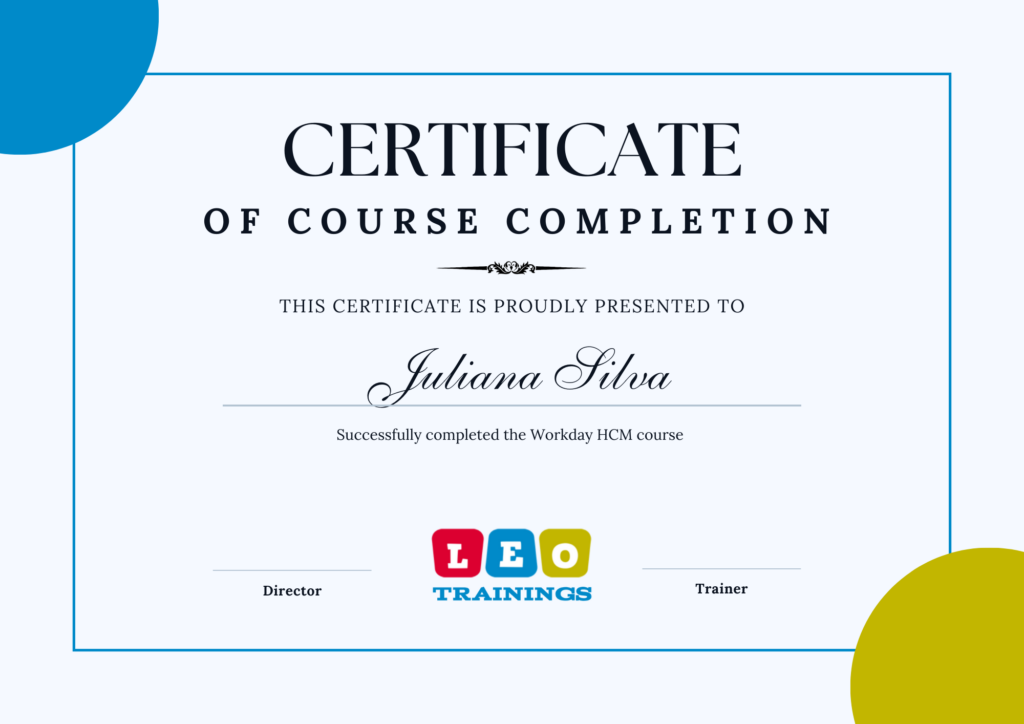
Frequently Asked Questions
1.What’s the best way to start data engineering with no experience?
- Start with online courses in Python and SQL, then move on to data engineering-focused platforms like Udacity or Coursera. Practice by building small projects.
2. Do I need a computer science degree to become a data engineer?
- No. While it helps, many successful data engineers come from non-traditional backgrounds and learn through bootcamps and self-study.
3.How long does it take to complete data engineering training?
- On average, 6 to 12 months if you’re learning part-time. Bootcamps usually take 3 to 6 months.
4.Which certification is most recognized for data engineering?
- Google Cloud Professional Data Engineer is one of the most recognized and respected certifications in the industry.
5. Is data engineering a good career for the future?
- Absolutely. With the explosion of data, companies are investing more in infrastructure and engineering roles. It’s a secure and high-paying career path.
6. Why is Certification Important?
- Workday certification is an acknowledgment of your skills and expertise in using the platform. Certified professionals are often more attractive to potential employers and can command higher salaries.
